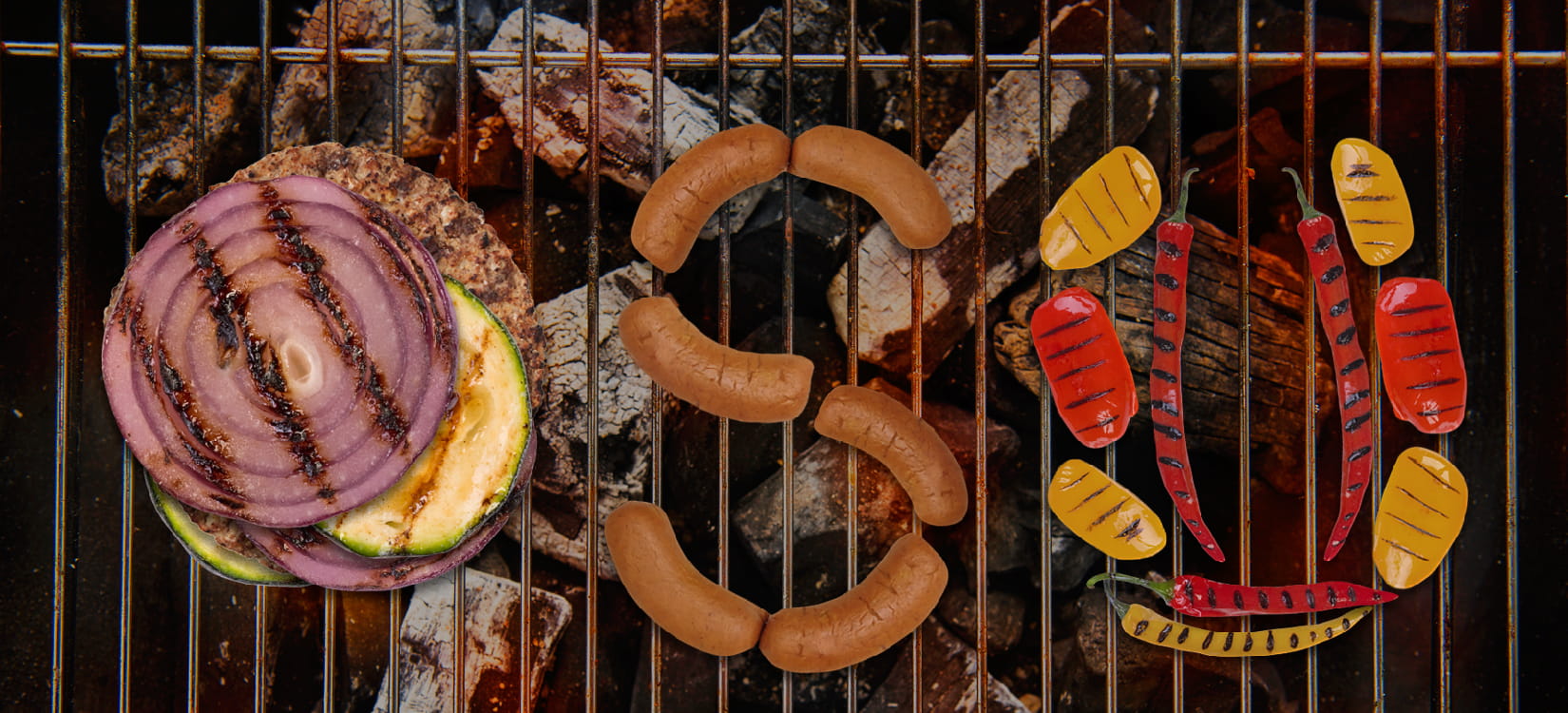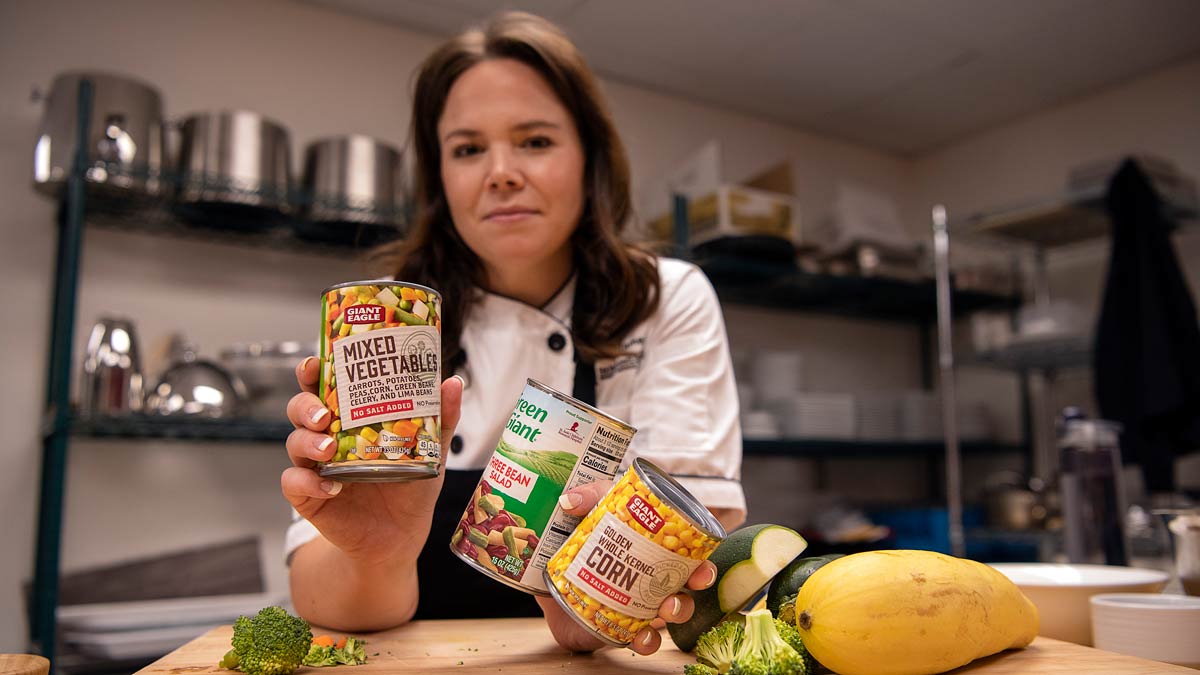6 tips to stop food poisoning from spoiling your party

Your friends or family are over. The grill is going. The side dishes are coming out of the fridge. Do you give much thought to preventing your guests – or yourself – from getting sick because of undercooked meat or a chilled dish that has become too warm?
If you’ve been among the one in six Americans who become ill each year from eating contaminated foods or beverages, you might have learned the hard way to take food safety seriously.
And if the topic isn’t at the top of your mind when rushing to feed guests, we understand – you’ve had countless cookouts, picnics, family gatherings and holiday meals without problems.
But foodborne illness should not be taken lightly. Of those sickened each year, 128,000 are hospitalized.
That's according to the Centers for Disease Control and Prevention.
"We need to make sure we are being as conscientious as possible," says dietitian Liz Weinandy of The Ohio State University Wexner Medical Center. "It's like wearing your seat belt. You leave work not expecting to get in a car accident, but you take the necessary precaution anyway.”
The same is true when it comes to food safety. No one goes to a picnic or cookout expecting to get sick from the food. As temperatures rise and the risk of foodborne illness increases, Weinandy reviews commonsense precautions recommended by federal food safety experts to make sure unwanted bacteria don't spoil your fun:
- Wash your hands. Always important, but especially BEFORE and DURING food prep. If you're handling raw meat, wash your hands before you switch to other food preparation tasks so you don't spread bacteria. That means you shouldn't go from putting the dry rub on the steaks to shucking the corn on the cob without a good hand scrub.
- Watch the clock. Refrigerate leftovers within two hours of setting them out, keeping serving dishes over ice and serving small portions at a time. When the outside temperature is 90 degrees or higher, one hour is the max. If you can't refrigerate leftovers in that time frame or keep them in a cooler with ice, toss them.
- Chill it or heat it. The rule is simple but frequently ignored: Always keep cold foods cold and hot foods hot. Placing cold foods over ice helps ensure the temperature does not exceed 40 degrees. Keep warm foods at a temperature higher than 140 degrees – on the grill, on the stove, with an electric warmer, in a slow cooker.
- Check the temp. A cooking thermometer inserted in the thickest part of meat is the best tool for ensuring adequate cooking. As a rule of thumb, cook poultry to 165 degrees and fish, beef and pork to 145 degrees. Weinandy's extra warning on hamburgers and other ground meat: Cook to 160 degrees throughout because bacteria spread through the meat when it's ground. Color, firmness and other tactics for confirming doneness are not reliable.
- Keep raw meat separate. Raw meat and juices can contain harmful bacteria, such as E. coli and salmonella, that can make you sick and cause diarrhea. Be careful to store the meat away from produce and other ready-to-eat foods in the fridge and in grocery bags. That knife you used to cut raw chicken? It needs a thorough washing – not just a rinse – to sanitize before cutting the cantaloupe.
- Use the app. Want to know how long those leftovers will stay good? Keep advice handy on food storage times with the FoodKeeper app from the federal government through its site foodsafety.gov.
Our experts say adults should see a medical professional for food poisoning if they experience:
- blood or pus in stool
- diarrhea that lasts more than five days
- signs of dehydration, such as dizziness or thirst, when they can't keep down liquids
- a fever over 101 degrees with vomiting or diarrhea




